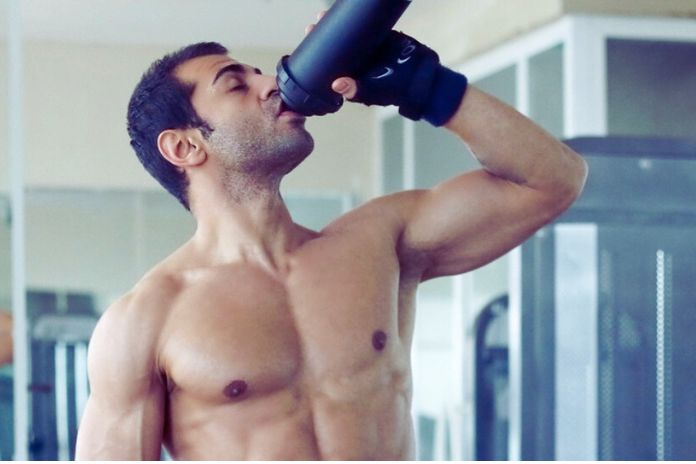Anyone who practices or has practiced physical exercises has heard that the magic word for good results is “protein”. Chicken, egg and artificial supplements are some of the options that are part of the diet of those who want to “bomb” and gain muscle mass.
But then you wonder: what is the real relationship between protein consumption and physical exercises? Do I have to supplement to get the amount of this substance I need? What are the benefits of protein, even for non-exercisers?
And we will answer you! Below, we solve these doubts and show you healthy options for a balanced diet rich in proteins!
What Are Proteins?
Proteins are molecules of amino acid sequence, which come together in chain format. These molecules form what we call lean mass, our muscles, and are involved in repairing and building new tissues in general.
An important factor that needs to be considered in a healthy lifestyle is the correct intake of amino acids.
These nutrients, especially those classified as essential, are very important for the proper functioning of the body.
A quality diet combined with the constant practice of physical activities, regardless of the sport, is a requirement to live well.
They also form our bones and help produce enzymes, hormones, neurotransmitters and antibodies.
You can already see how important they are, right? And for you to have a better idea, proteins are still used in various functions of our body, such as muscle contraction.
What Are The Benefits Of Combining Protein And Exercise?
Our organism needs protein to move, and as it cannot store them, we must always try to ingest a minimum daily amount to ensure the proper functioning of the body. However, she is even more important for those who do physical exercises.
Anyone who runs, works out, or does any other activity needs protein to repair the damage caused by training. Physical exercise wears down our muscles, and without a balanced diet, achieving good results is impossible.
When it arrives in the gastrointestinal tract, this is because the protein is hydrolyzed (that is, its chain links are broken) and becomes available to serve as a kind of “brick” in the reconstruction of muscle structures and fat burning. It is she who helps the athlete to lose weight and gain lean mass instead.
Is There A Certain Amount That Should Be Consumed?
The protein balance must be positive to generate a lean mass gain; your body is synthesizing more proteins than breaking them down. But how do you know the right amount to turn that scale?
The consensus among doctors and nutritionists is that to achieve hypertrophy, and a person must ingest about 2 grams of protein in each kilogram of his body daily. For example, a man weighing 70 kg should eat at least 140 grams of protein daily. So do the math and find out how much you need!
How To Enrich My Protein Diet?
Many athletes resort to artificial supplementation to meet their daily protein quota. However, they don’t know that there are natural and healthy options that can help balance the diet and consume the right amount of protein, in addition to bringing several other benefits to the body. Among these natural options, we can highlight protein-rich superfoods such as quinoa, chia and blue algae such as spirulina.
The so-called superfoods are foods with great nutritional value that, more than helping us to have a sculptural body, offer us a quality of life. Spirulina, for example, is rich in complete protein that is easily absorbed and even helps to have more energy during the day, making you feel less tired.
Also Read: Eight Essential Strategies For You To Gain Muscle Mass

